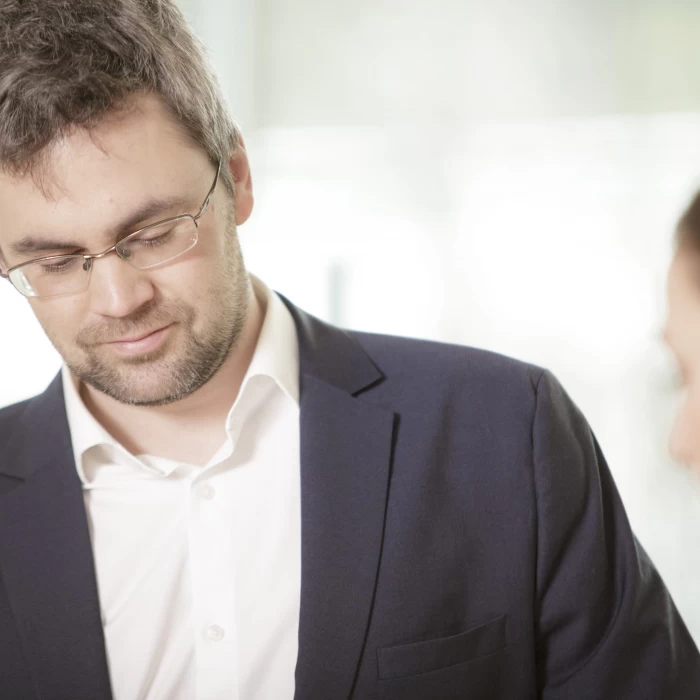It’s important to know that most proctologic conditions are abnormalities for which treatments are relatively simple and result in complete recovery. However, some are malignant, cancerous disorders whose treatment cannot be delayed and which generally require complex therapy (surgery and supplementary treatment). Among the most common rectal illnesses are hemorrhoids, anal fissures, fistulas, abscesses, and inflammatory and cancerous disorders.
In what cases should you turn to a proctologist?
- Itching, pain, or discharge in the anal area
- Change in bowel movement habits (alternating periods of constipation and diarrhea)
- Frequent urge to defecate
- Sensation of a foreign object in the rectum
- Bloody or mucous stool
- Lump, bump, or inflammation in the skin in the anal area
- Long-term or inexplicable abdominal bloating
- Hemorrhoid problems during pregnancy or after childbirth
Tests available at our clinic:
- Physical examination
- Anoscopy: scope of the lower rectum
- Rectoscopy: scope of the entire rectum
- Biopsy: histologic tissue sampling
Examination of further sections of the bowel are conducted by a gastroenterologist. Colonoscopy is available at our clinic and is conducted under general anesthesia.
Treatments available at our clinic:
- Conservative, outpatient treatment: cream, suppository, diet and lifestyle counseling
- Removal of external hemorrhoid lump
- Removal of skin tags (the stretched coverings of former external hemorrhoid lumps)
- Treatment of fistulas and abscesses
- Ligation: squeezing off internal hemorrhoid lumps using a rubber ring
- Hemorrhoid surgery – same-day surgery
We treat benign diseases on an outpatient basis, on-site. Mild hemorrhoids are removed with rubber-ring tying, while for more serious cases we use a special Doppler test to measure the artery supplying the lump, and stitch it up painlessly.
Our related doctors
Any questions before booking an appointment?
If you are unsure which doctor to see or what examination you require, we are here to help!
Simply request a free callback from one of our colleagues, who will help you find the right specialist based on your specific issue.





